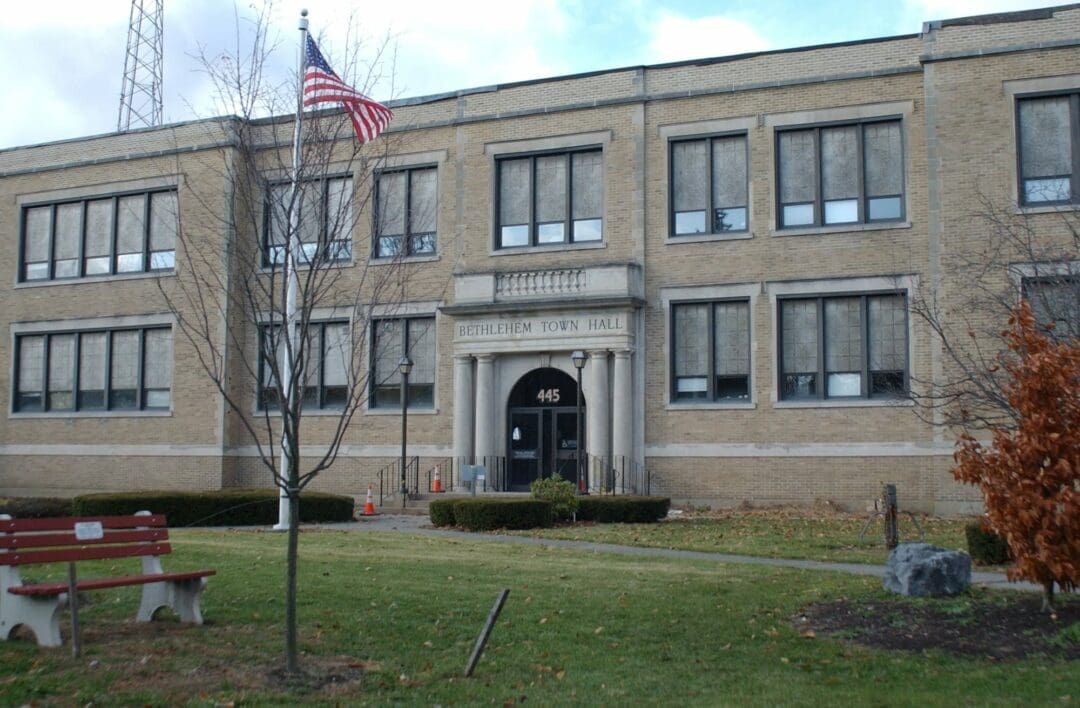The Town of Bethlehem could achieve substantial savings through a reworking of contracts with providers of emergency medical services. That’s according to Supervisor Sam Messina, who has been in conversation with and awaiting recommendations from a three-member Board of Ambulance Commissioners formed this year. The board was established for the purpose of reviewing financial, contractual and service matters relating to ambulance services. Emergency services in Bethlehem come from several providers. The county provides advanced life support, or ALS services, while agencies like Bethlehem Ambulance, Delmar EMS, and Western Turnpike Rescue Squad provide basic life support, or BLS services. Emergency calls within the town that are more serious in nature typically require response from the county EMS service. The skyrocketing cost for medical response from the county has more than doubled over the past decade, according to Messina. On Nov. 22, the Bethlehem Town Board authorized the execution of an Advanced Life Support ambulance contract with Albany County for the year. The contract was in the amount of $761,079. Messina said the agreement has been characteristically late in getting to the town for approval. “There was a legitimate reason, while we are in the current year, to look at this, to see what we can do differently in terms of systems and deliverables for Bethlehem, or negotiate something different with Albany County,” Messina told the Town Board at the November meeting. The town has also been notified that the cost of the county contract will continue to rise.
“In projecting the 2012 budget, we were given an estimate by Albany County that costs would go up about 8 percent again,” said Messina. “It’s time to take a hard, close look at that.” For now, the county does not bill for ALS services, but contracts are being developed between the town and county to change that. “Currently, if we have an ALS-type call that requires a county paramedic, there’s no billing that takes place for the ALS side,” said George Lenhardt, the Chairman of the Board of Ambulance Commissioners. “It’s only for the BLS side from a transporting agency. If billing starts to occur there, they (the county) should derive a good amount of their revenue through the insurance billing process. Hopefully the cost to the town taxpayers stays steady or goes down.” Estimates are that by modifying the contract to allow for ALS billing, the town could save $200,000-$300,000. It could also result in lower rates for individuals billed for services. Attorneys for both the town and county have been in discussions to make the proposal a reality. Both Messina and Supervisor-elect John Clarkson have had ongoing conversations with the commissioners to find out if savings can be achieved. “I think the work they’re doing is very important in terms of helping to point out how we can maximize revenues by having a contract between the county and the transporters,” said Clarkson. Lenhardt said he couldn’t explain why the town hasn’t explored the contracts in the past to find savings. He ventured a guess that town officials weren’t looking at things in any great depth or understanding the extent of the impacts. Lenhardt said the board of three commissioners would like to get more involved in reviewing the contracts. “These current contracts require periodic financial reporting by our vendors,” said Lenhardt. “We’re going to propose that the reporting come through our board, and then go to the Comptroller’s office. We’re going to review those things. If it looks like it’s possible to derive even more savings by other methods, we’re going to explore those.” Following the adaptation of contracts for ambulance services, the commissioners will turn their focus to a service issue. Lenhardt said they will seek to mandate equal performance standards across all agencies that provide emergency medical services to the town.
Town reviewing soaring costs for ambulance services
Leave Comment



